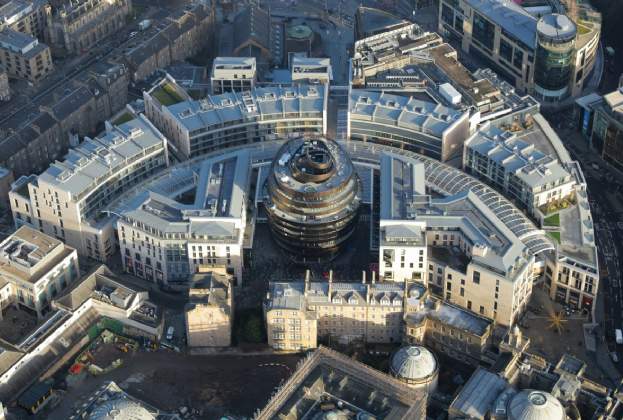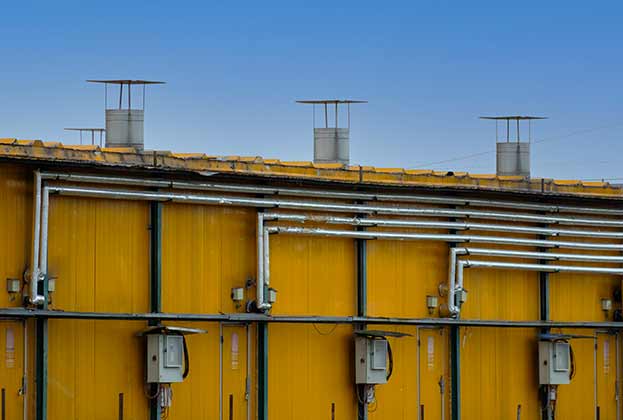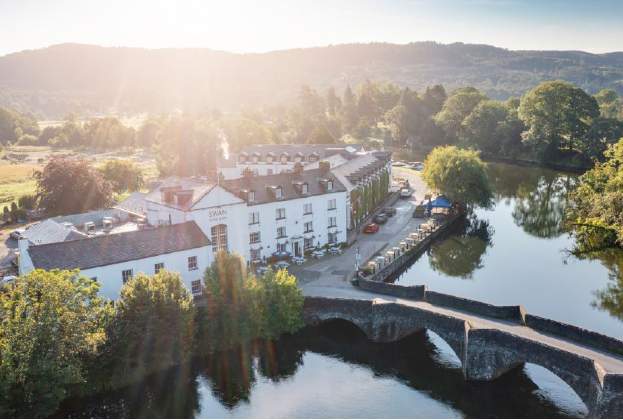The Scottish Government has been consulting on whether to introduce a ‘tourist tax’ – an extra charge levied on those staying in hotel/leisure accommodation in Scotland – for the last few weeks.
With the consultation due to close today (2 December 2019), we’ve taken a look at the rationale behind it, plus the potential pros and cons it could bring to the nation’s tourism and hotel industries.
The Government’s proposals have come on the back of a boom in both domestic and international tourism to locations across Scotland, driven by the country’s numerous attractions being highlighted in several hugely successful movies and TV shows, plus the increased profile of events including the Edinburgh Festival Fringe.
This has coincided with the rise of sharing platforms including Airbnb which, while giving visitors more accommodation options to choose from, has contributed to extra pressure being put on local infrastructure and housing, and fears that ‘over tourism’ is harming the very aspects of the country that attracted visitors to begin with.
Other countries and cities are facing similar challenges and have taken similar measures: Athens, Barcelona and Venice are just a few other popular European destinations which already levy ‘tourist taxes’.
The Government proposes a discretionary ‘visitor levy’ is introduced from 2021 at the discretion of Scotland’s local authorities. This could take the form of a charge per person, per night, per room per night, a percentage of total accommodation costs or involve different rates depending on the quality of accommodation occupied. The Government prefers the last two options as the levy will then be proportional to the amount visitors spend, rather than a flat charge.
It’s proposed that local authorities are given discretion to spend the proceeds of a levy in their area ‘on tourism related activities including responding to tourism pressures'. So this could cover anything from increasing spending on rubbish collection to deal with the waste generated by guests or increasing transport capacity to even possibly subsidising affordable housing in the areas which have seen rental accommodation removed from the market when it’s become holiday lets.
Critics of the proposals say that visitors already pay substantial costs to come to Scotland and that an extra levy will harm the industry; that it places an additional administrative burden on accommodation providers to collect, and the money won’t actually directly be reinvested in improving the experiences of tourists or locals.
Given that similar schemes are fairly common around the world and do not seem to deter the majority of visitors, the first argument seems to be largely unfounded. For hotel operators collecting the levy on behalf of local authorities will add another levy of bureaucracy and this is more of a concern. Smaller operators in particular may struggle with the burden.
The Government will report back the findings in early 2020, with the consultation responses used to inform legislation that will be introduced to the Scottish Parliament later in 2020. Whatever is decided, managing tourism growth in Scotland is vital if we are to preserve the very factors that attract visitors here. However, it will be interesting to see the levels of engagement within the ‘small operator’ sub-sector, given a number of other more immediate operating concerns around the impact of Brexit and the General Election.
Further information
Read more: Airport expansion sees the world flock to Edinburgh
.jpg)

.jpg)


.jpg)
.jpg)



